
White rice is a staple in many cultures around the world but has been revamped in recent years due to its high carbohydrate content and low fibre content and this has led to a growing demand for healthier alternatives to white rice, including Konjac rice.
Deciding between konjac rice and white rice may seem difficult, but both types of rice can have a big effect on your health. As health-conscious individuals, we are constantly looking for ways to not only satisfy our cravings but also nourish our bodies. Enter Konjac rice, a rising star in the world of healthy eating.
Leading the way in this conversation is Eat Water Co., which is passionate about health and nutrition and offers a variety of new Konjac-based products to meet dietary needs.
But is it really a worthy substitute for the beloved mainstream white rice? Let’s find out.
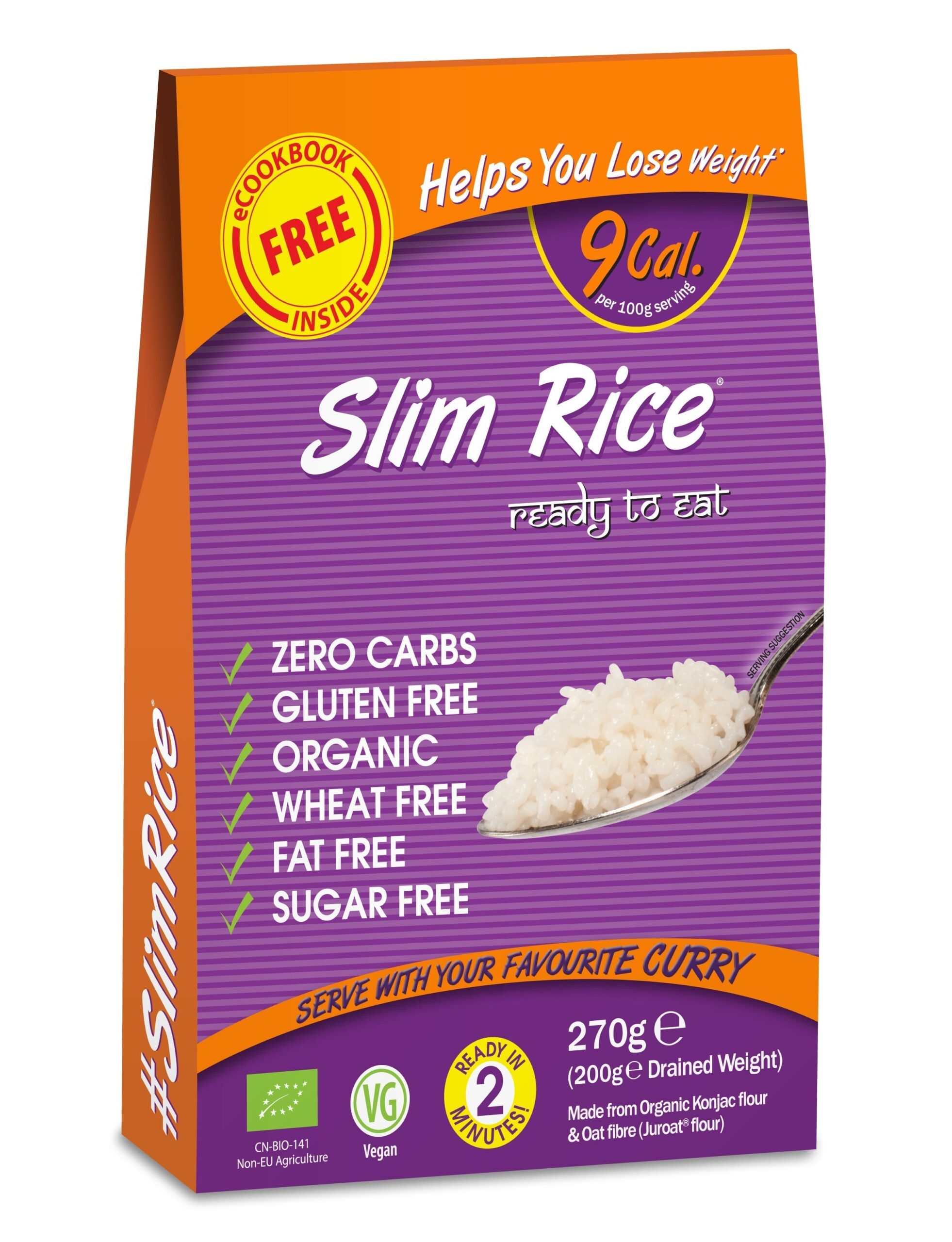
Nutritional Profile of Konjac Rice
Konjac is obtained from the konjac plant’s tuber, similar to sweet potatoes or yams. The tuber is crushed to generate flour, which is then combined with water and lime water and pressed to make “rice” or “noodles”.
Konjac flour is made from other root crops such as potato starch, contains few carbs and calories. For contrast, 100g of konjac flour contains only 10 calories, but the same amount of potato starch contains over 360 calories.
If you compare 100g of white rice with the same amount of white rice, there is a big difference: white rice has 130 calories and 28g of carbohydrates, but konjac rice has 10 calories and 5g of carbs
According to Diane Seto, a senior nutritionist at Mount Elizabeth Hospital, the majority of konjac flour’s nutritional value comes from its soluble fibre, glucomannan (80%). The rest is made up of minor amounts of protein, fat, and trace minerals. “Because konjac flour is mostly fibre, it is touted as being low in calories.”
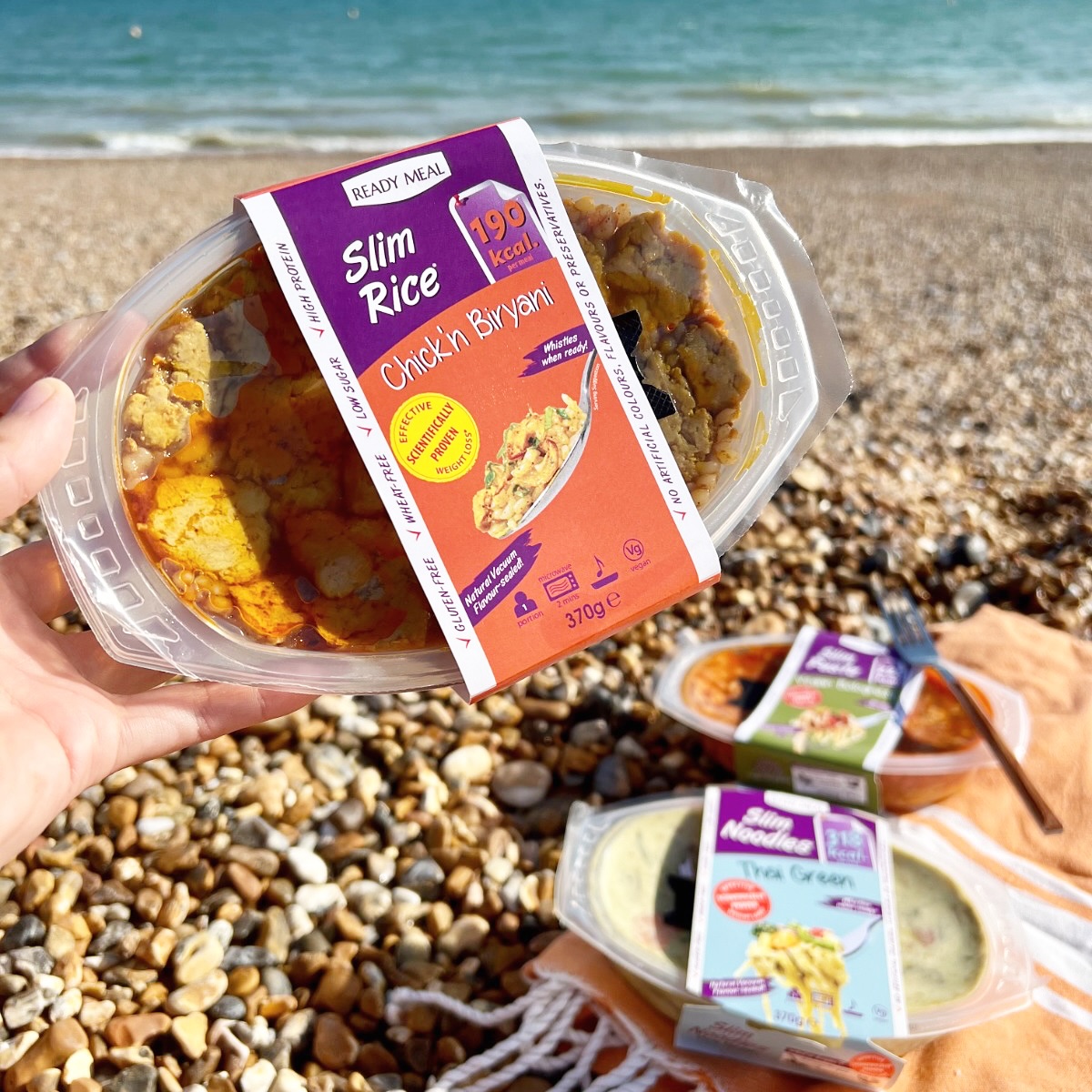
Health Benefits of Konjac Rice
The health benefits of Konjac Rice extend beyond its nutritional value. Here are some of its primary benefits:
Weight Management
Konjac rice’s low-calorie and high fibre content make it an effective food that helps in weight management. The high fibre content in konjac rice promotes feelings of fullness, which reduces the probability of overeating. Rice’s low-calorie composition allows for bigger servings to be consumed without increasing calorie consumption.
Blood Sugar Control
Konjac rice’s low carbohydrate and high fibre content make it an excellent choice for those with diabetes or other blood sugar-controlling problems. The low carbohydrate has little impact or no impact on blood sugar levels, while the high fibre content helps digestion and slows the release of glucose.
Cholesterol Management
The high fibre content of konjac rice can also be beneficial in fat management. Soluble fibre has been shown to reduce total cholesterol and low-density lipoprotein (LDL) cholesterol. In other words it reduces bad cholesterol. This can also help reduce the risk of heart disease and other saturated fat problems.
Digestive Health
Konjac rice’s high fibre content can also help with digestive health by improving the frequency of bowel movements and lowering the risk of constipation. This can help avoid stomach issues and improve overall gut health.
If you’re keen on swapping out processed carbs like white rice and noodles, Why not try Eat Water’s Slim Rice? It is a zero calorie rice, perfect for guilt-free home-cooked meals. Enjoy your favourite dishes worry-free!
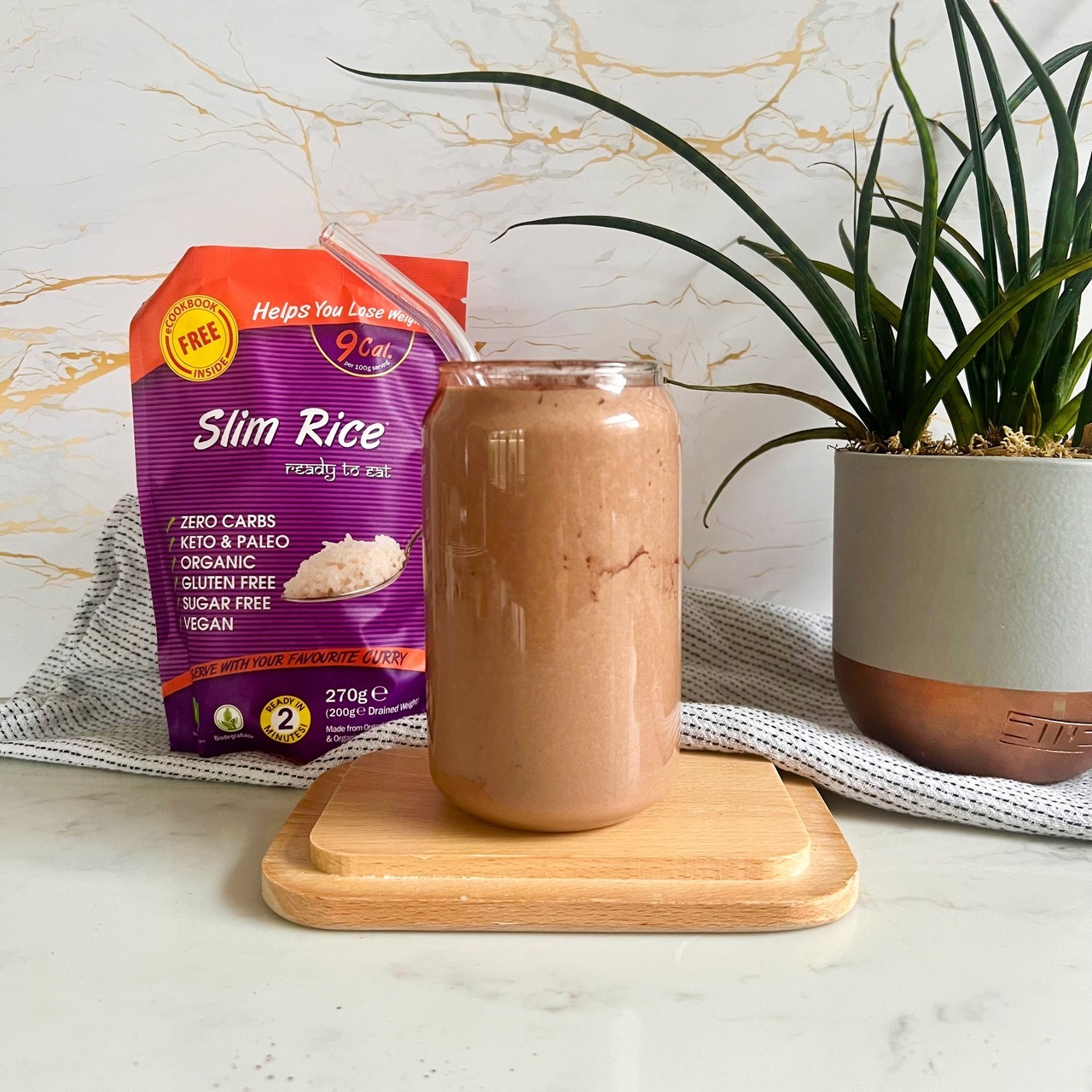
How to Use Konjac Rice?
Konjac rice can be used in many dishes as a low-carb, low-calorie alternative to white rice. Some common ways to use konjac rice are:
- Rice Bowl: Use konjac rice as the base for a rice bowl, then top with your favourite protein, vegetables and sauce.
- Stir: Stir konjac rice with veggies, meat and sauce for a quick and healthy dinner.
- Soups: Konjac rice can be used to make thicker soups to increase the fibre content.
- Salad: Combine konjac rice, veggies and dressing for a wonderful and essential salad.
When using konjac rice, keep in mind that it has a unique white rice texture and flavour. Some individuals like it to be slightly rubbery or smooth, while others prefer it to be smooth.
Conclusion
The decision to eat Konjac Rice instead of White Rice offers numerous benefits for personal health if you’re looking to eat something healthy. Konjac products may provide health advantages as you read. Before using Konjac, as with any unregulated dietary supplement, consult your doctor. A person should also see a doctor before administering konjac to a youngster for constipation or other health issues. People should always take konjac with water to avoid choking.
In the end it is your choice what you choose. By opting for Eat Water products, individuals can embrace a healthier lifestyle while making a positive impact on the world around them.
Recent Posts
- Vedanta Zambia Revives Copper Mining While Strengthening Economic Ties
- Essar Merino Laminates Teams up with Green Line to Achieve Sustainability in the Laminate Sector
- Hire Bspoqe Associates for Indian Style Small Modular Kitchen Design
- Empowering Financial Success: Jamie McIntyre’s Contributions to Bali
- 24/7 Support for Premature Babies and New Mothers in Delhi NCR
Recent Comments
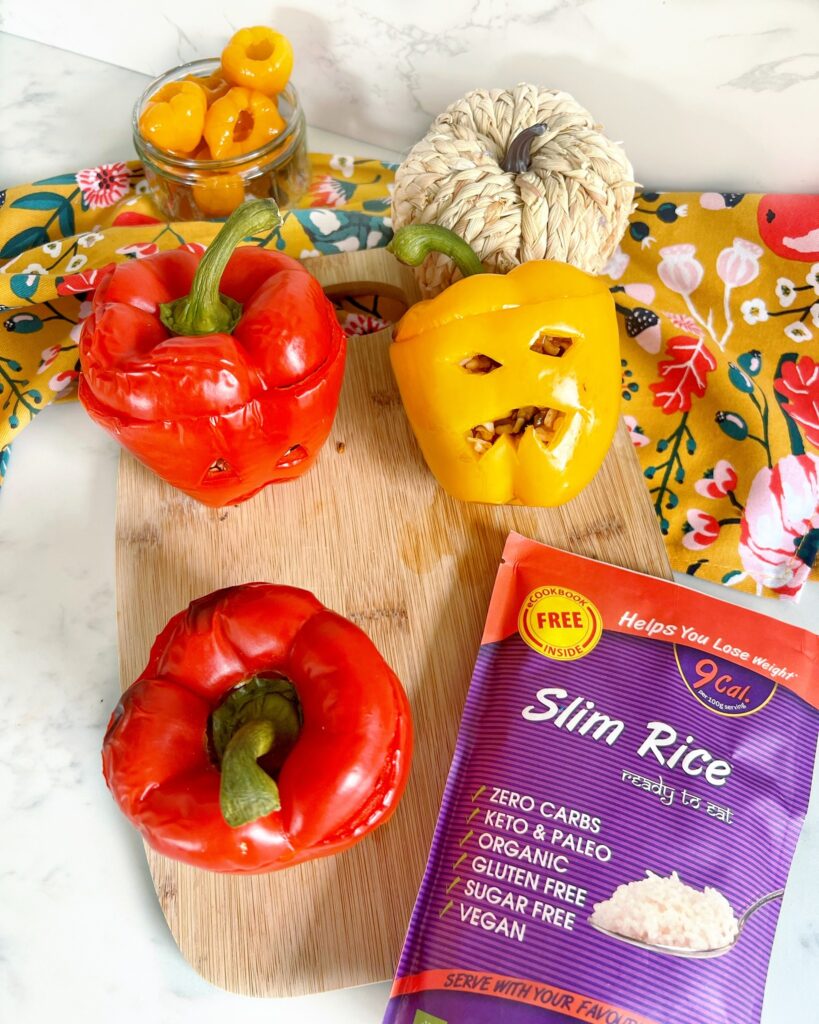
Should you eat Konjac Rice instead of White Rice?
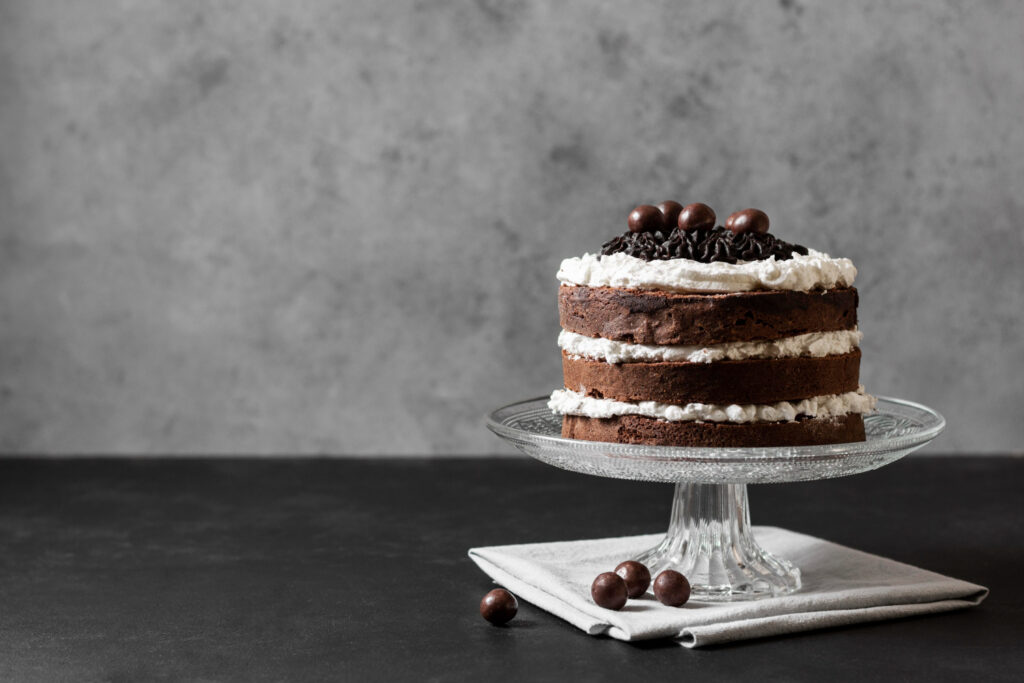
List of Most Famous Delicious Cakes in 2023
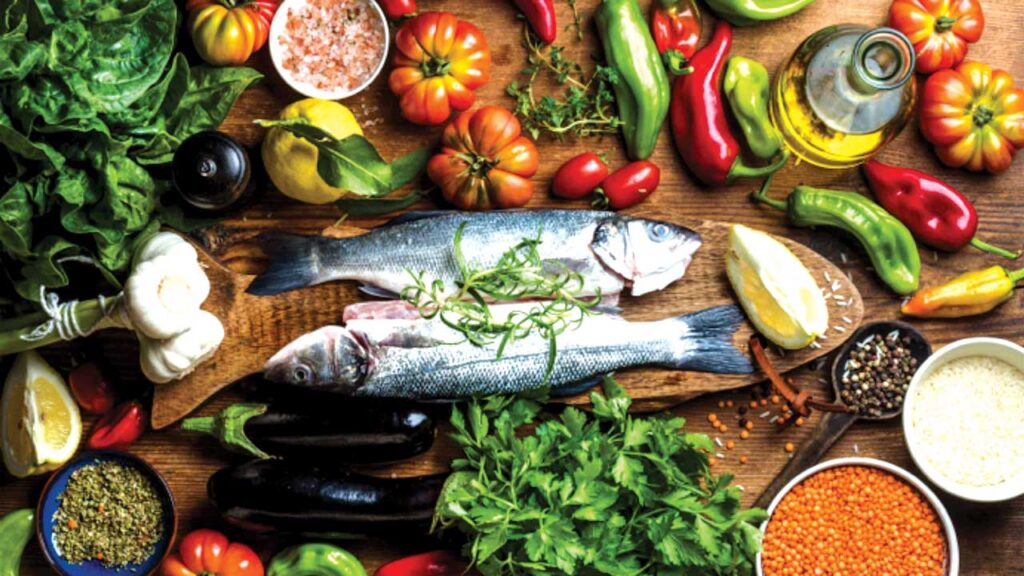
Can Fish Oil Alleviate Asthma Symptoms? Exploring the Potential Benefits

Vedanta Zambia Revives Copper Mining While Strengthening Economic Ties

Essar Merino Laminates Teams up with Green Line to Achieve Sustainability in the Laminate Sector

Hire Bspoqe Associates for Indian Style Small Modular Kitchen Design

